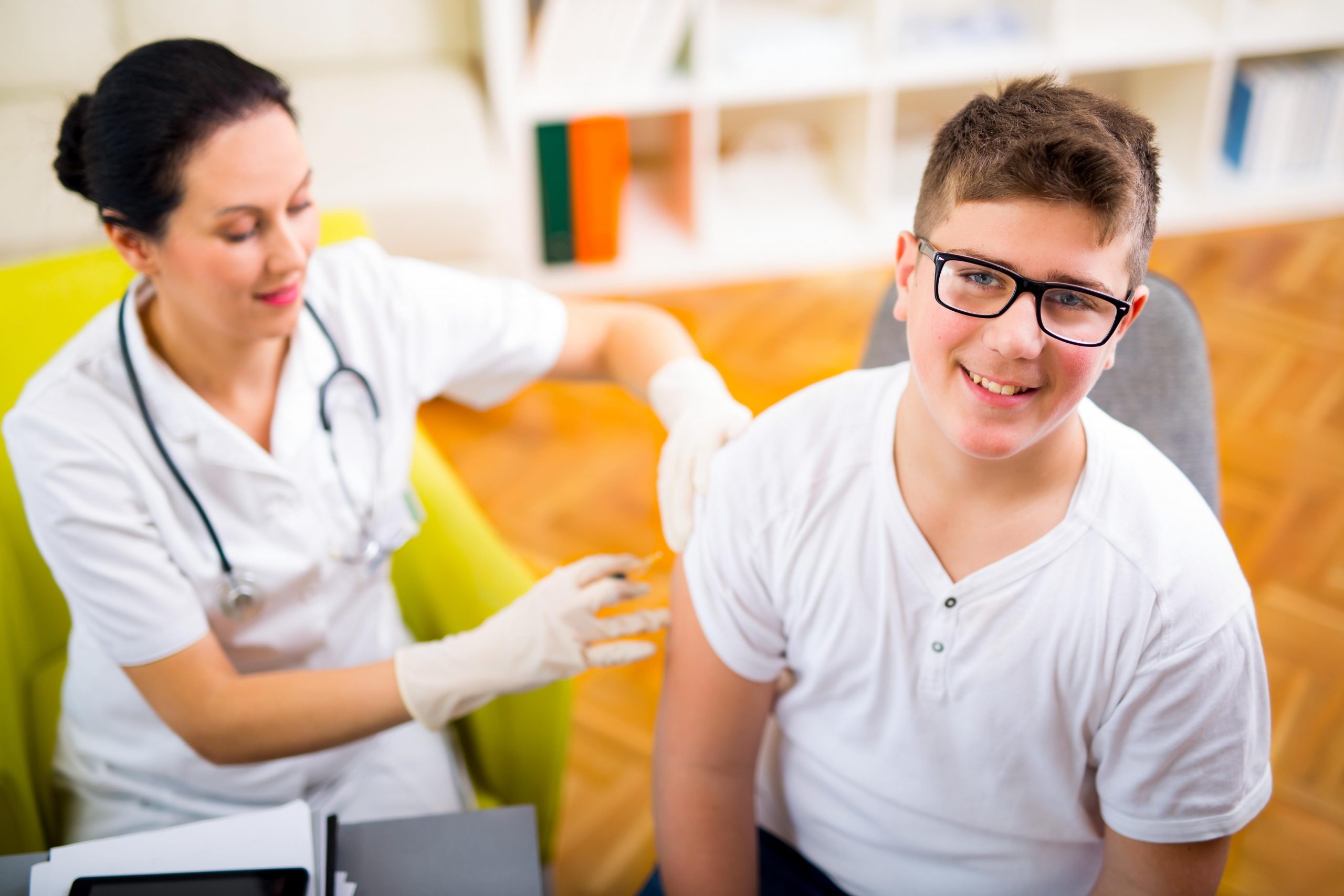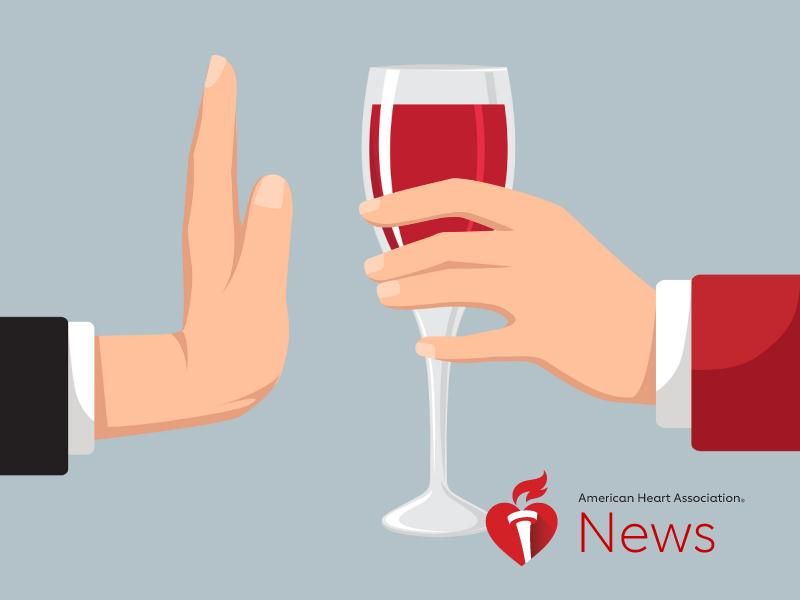
WEDNESDAY, Jan. 4, 2023 (HealthDay News) – The U.S. Food and Drug Administration finalized a regulatory change on Tuesday that allows retail pharmacies to offer abortion pills. Before now, patients could only get this two-drug medication through clinics, doctors and a handful of mail-order pharmacies. Two companies that make the medication, Danco Laboratories and GenBioPro,… read on > read on >


















